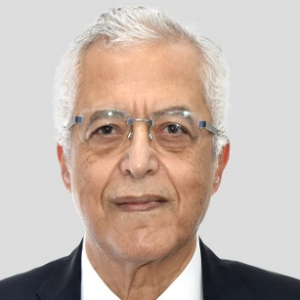Salivary Gland Serous Cells
Salivary Gland Serous Cells represent a specialized type of secretory cell within the salivary glands, contributing significantly to saliva production. These cells are characterized by their distinctive secretory granules containing enzymes, electrolytes, and proteins. Serous cells primarily synthesize and secrete serous fluid, which forms a major component of saliva. This fluid contains enzymes like amylase, which initiates the digestion of starches in the oral cavity. Regulated by neural and hormonal signals, the secretory activity of salivary gland serous cells is stimulated during the anticipation and consumption of food. These cells work in tandem with other salivary gland cell types, such as mucous cells, to produce a well-balanced and functional saliva. The coordination between serous and mucous cells ensures the lubrication, digestion, and protection of the oral cavity. Disorders affecting serous cells can impact the composition of saliva, potentially leading to issues such as dry mouth or difficulty in swallowing. Sialadenitis, inflammation of the salivary glands, and autoimmune conditions like Sjogren's syndrome are examples of disorders that may affect serous cell function. Understanding the biology of serous cells is crucial for comprehending the complexities of saliva production, and ongoing research aims to uncover potential therapeutic strategies for conditions associated with salivary gland dysfunction.

Nagy Habib
Imperial College London, United Kingdom
Lucie Bacakova
Institute of Physiology of the Czech Academy of Sciences, Czech Republic



Title : AI-integrated high-throughput tissue-chip for space-based biomanufacturing applications
Kunal Mitra, Florida Tech, United States
Title : Stem cell technologies to integrate biodesign related tissue engineering within the frame of cell based regenerative medicine: towards the preventive therapeutic and rehabilitative resources and benefits
Sergey Suchkov, N.D. Zelinskii Institute for Organic Chemistry of the Russian Academy of Sciences, Russian Federation
Title : In vitro evaluation of lyophilized Dedifferentiated Fat cells (DFAT) impregnated artificial dermis
Kazutaka Soejima, Nihon University, School of Medicine, Japan
Title :
Nagy Habib, Imperial College London, United Kingdom
Title :
Alexander Seifalian, Nanotechnology & Regenerative Medicine Commercialisation Centre, United Kingdom
Title : The regenerative medicine of the future
Marco Polettini, DVM, Italy